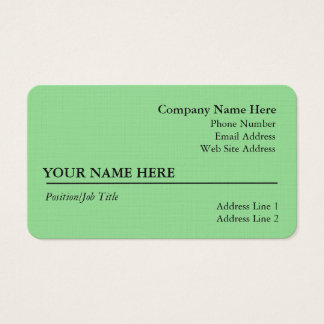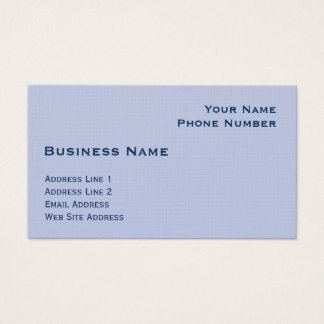In truth, SEO is not rocket science. While it can be a complicated formula, there are very clear and effective ways to kick start your SEO efforts. In other words, there are SEO tactics that are absolutely essential to success, and they provide the perfect foundation from which to build your strategy.
Don’t be overwhelmed. Be educated. Take the list below and implement each suggestion, one by one, and your rankings will reflect your efforts. They may not land you at the number one position over night, but they will give you a boost and provide insight on what’s working and what’s not. Having a place to start from is priceless. It’s time to dive in and master SEO.
#1: Webmaster Tools are Your Best Ally
If you only use one tool for your SEO, make it Google’s Webmaster Tools. These handy free gizmos help you perfect on-site optimization, which include all the technical details that assist in boosting your site’s ranking. Spend a chunk of time setting up your site on both Google and Bing, and if you’re not familiar with the tools, educate yourself through guides and videos about how critical things like your site’s crawl errors, speed, and overall health really are.
#2: The Key to Great Keywords
If you’re just starting out, or revamping your SEO strategy, it’s not necessary to do a complete comprehensive deep dive into keyword analysis. What is essential is that you get into the mind of your ideal target customer. Start by creating a list of words you feel searchers would use to find your goods and services. Then see how your site ranks for those search terms, and identify areas where improvement is required.
In the old days, Google Analytics was a great tool for identifying top keywords for your site, but not anymore; they’ve kicked into sleuth mode and made it difficult to ascertain key phrases. You can, however, use Google Analytics to identify the content on your site that is attracting the highest volume of traffic. Then work backwards; determine what keywords are drawing that traffic to your site, and duplicate them throughout.
Want to know where your main keywords should be placed? Here’s a handy list:
- Title Tag – The text that appears in a browser’s heading that describes your site’s content
- Image ALT Tags – This tells search engines what your images display
- Page URL – Never use spaces or underscores, but do use keywords wherever possible
- Image File Names – Just like ALT tags, these indicate how your site’s pictures relate to your overall theme
- Meta Description – This is the text searches see in results; it’s imperative your keywords appear here
- Keyword Density – More is not necessarily better. 5% is sufficient – make sure your content has your keywords, but reads very well to an actual viewer, not a search engine bot.
- Page Content – By far the most important aspect; your content must be compelling and valuable, in addition to containing your keywords
#3: Make Content Easily Shareable
Social signals continue to become more weighted when it comes to search engine results, so each piece you publish should be very easy to share across social networks. Share buttons should be highly visible – studies have shown that posts with share buttons generate 7 times more mentions, so this simple step is incredibly powerful. Don’t forget to make images shareable too; more and more users are showcasing pictures that pack a punch over words, so give your visitors the option and your social signals will soar.
The same is true for your social media efforts. Tweets with images received 150% more retweets than those without. Finally, don’t forget to perform A/B testing with text on both your website and your social marketing campaigns. Don’t just ride on assumptions – test your theories and make sure your audience is responding as expected.
#4: Create Knock-Their-Socks-Off Content
There’s simply no replacement for stellar content. Your website should be brimming with valuable knowledge shares, infographics, slideshows, podcasts, and videos that entice your viewers to keep coming back. Great content creates viral sensations that can spike your traffic and revenues astronomically. Nothing is more vital to your SEO health than current, wow-worthy content. The Content Marketing Institute tells us that 92% of marketers are using content to boost their sales, and 60% intend to boost the amount of content they create in the next 12 months. If you spend money on only one facet of your marketing, hiring great content writers and marketers is the ideal bang for your buck decision.
If you have great keywords and amazing, easily shareable content, you are literally light years beyond most of your competition. SEO doesn’t have to be complicated to be effective. Focus on these key attributes, and utilize Google’s free tools, and you have a fighting chance to gain the lion’s share of your audience’s attention.
What other simple yet effective SEO tools have you discovered?












No comments:
Post a Comment